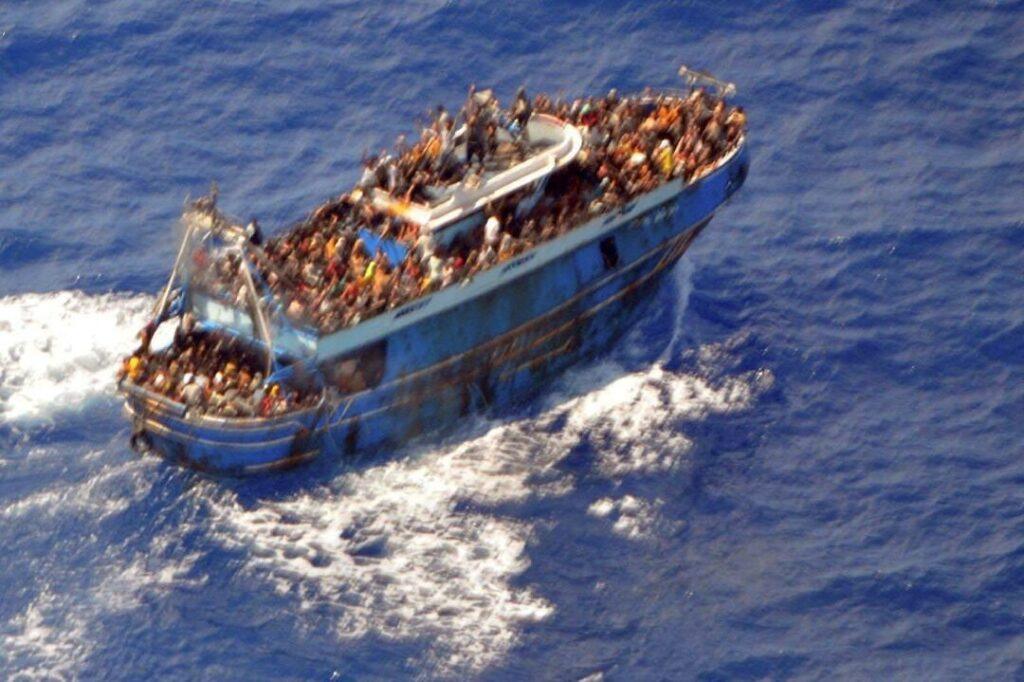A tragic incident involving migrants trying to reach Spain from West Africa may have claimed the lives of up to 50 people, including 44 Pakistanis, according to migrant rights group Walking Borders.
The group reported Thursday that the ship, which left Mauritania on Jan. 2, was carrying 86 migrants, including 66 Pakistanis. Moroccan authorities rescued 36 people from the ship on Wednesday.
The migrants were part of a larger wave attempting to make the dangerous journey across the Atlantic to the Canary Islands.
Walking Borders, based in Madrid and Navarra, revealed that the ship had been missing days before the alarm was raised.
Six days ago, the group had informed the authorities of all the countries involved about the disappearance of the ship.
The non-governmental organization Alarm Phone, which helps migrants lost at sea, also contacted Spain’s maritime rescue service on January 12, but the service reportedly had no information about the ship.
Walking Borders has documented a record number of deaths in 2024, with 10,457 migrants (approximately 30 per day) dying while trying to reach Spain, mainly along the Atlantic route from West African countries such as Mauritania and Senegal.
The Canary Islands, a key destination for many migrants, have become an important location on this deadly migration route.
Helena Maleno, executive director of Walking Borders, shared on social media that 44 of the victims were from Pakistan and described the ordeal as a 13-day journey of suffering and anguish without rescue assistance.
The tragedy has sparked outrage from both local officials and humanitarian groups.
Fernando Clavijo, regional leader of the Canary Islands, expressed his deep regret and called on Spain and Europe to take urgent measures to avoid further loss of life.
“The Atlantic cannot continue to be Africa’s graveyard,” Clavijo said on social media platform X, urging international leaders to address the growing humanitarian crisis.




